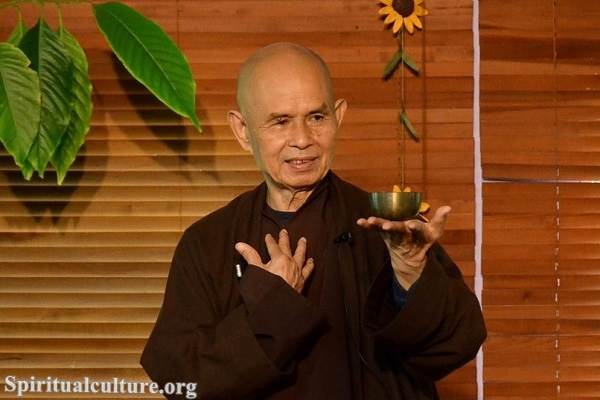Theravada Buddhism, also known as the “Doctrine of the Elders”, is one of the largest branches of Buddhism in the world. With a rich history and a strong following, Theravada Buddhism beliefs offer a profound and complex spiritual path, deeply rooted in mindfulness, morality, and wisdom.
This article aims to delve deeper into the fundamental tenets of Theravada Buddhism, providing an insight into its philosophical and religious constructs.
Theravada Buddhism: An Overview
Originating from India around the 3rd century BCE, Theravada Buddhism gradually spread across Asia and is now the predominant religion in countries like Thailand, Myanmar, Sri Lanka, Cambodia, and Laos. The teachings of Theravada Buddhism are based on the earliest recorded teachings of the Buddha, known as the Pali Canon, and are considered by adherents to be the most authentic and original rendition of the Buddha’s enlightened wisdom.
Theravada Buddhism Beliefs: The Four Noble Truths
At the heart of Theravada Buddhism beliefs lie the Four Noble Truths, the Buddha’s first sermon after his enlightenment. These truths are the cornerstone of Buddhism, offering a framework for understanding human suffering and a path to its cessation.
1. The Truth of Suffering (Dukkha): This truth recognizes that life is filled with suffering, ranging from physical pain to mental distress.
2. The Truth of the Origin of Suffering (Samudaya): This truth acknowledges that suffering arises from attachment to desires.
3. The Truth of the Cessation of Suffering (Nirodha): This truth asserts that suffering can cease if one can let go of these attachments.
4. The Truth of the Path to the Cessation of Suffering (Magga): This truth outlines the Eightfold Path, a guide to ethical living that leads to the cessation of suffering.
Theravada Buddhism Beliefs: The Eightfold Path
The Eightfold Path in Theravada Buddhism beliefs provides the practical guidelines for ethical and mindful living. It is divided into three categories: Wisdom (Panna), Ethical Conduct (Sila), and Concentration (Samadhi).
Wisdom includes Right Understanding and Right Thought, encouraging followers to understand the Four Noble Truths and cultivate a mindset of non-violence and compassion. Ethical Conduct comprises Right Speech, Right Action, and Right Livelihood, which advocate for truthfulness, non-harming, and ethical livelihood. Concentration includes Right Effort, Right Mindfulness, and Right Concentration, promoting self-discipline, mindfulness, and meditative concentration.
Theravada Buddhism Beliefs: The Concept of Anatta
Anatta, or ‘no-self’, is a distinctive and central belief in Theravada Buddhism. It challenges the concept of a permanent self or soul, asserting instead that what we consider the ‘self’ is a collection of changing phenomena. This belief is closely associated with the practice of mindfulness meditation, where practitioners are encouraged to observe the impermanent nature of their thoughts, emotions, and sensations.
Theravada Buddhism Beliefs: Nirvana
In Theravada Buddhism beliefs, the ultimate goal is to achieve Nirvana, a state of perfect peace and happiness. Nirvana signifies the complete cessation of suffering, the end of the cycle of rebirth, and the ultimate liberation from the constraints of worldly existence. It is achieved by walking the Eightfold Path, understanding and realizing the Four Noble Truths, and living a life of mindfulness, morality, and wisdom.
In conclusion, Theravada Buddhism beliefs offer a profound and nuanced perspective on life and existence. They guide adherents on a path of mindfulness, ethical living, and wisdom, leading to the ultimate goal of liberation and peace. As we navigate through the complexities of our lives, the principles of Theravada Buddhism serve as a beacon, illuminating the path towards inner peace and enlightenment.




